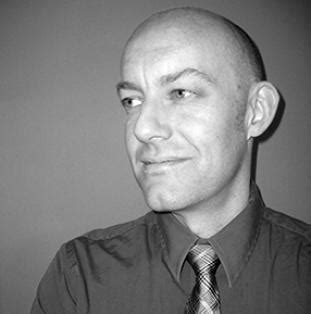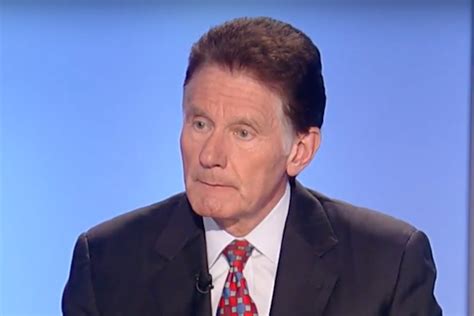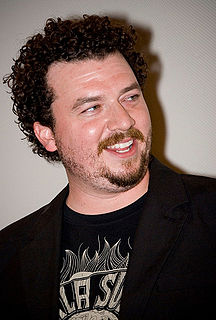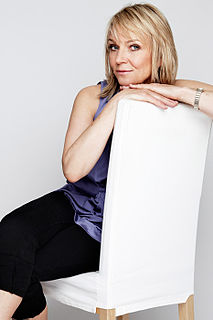A Quote by Ben Doller
Me and my wife were interested in avoiding style, in eliminating voice, in getting away from the poetry logics, textures, and propulsions that we normally employ in our writing. But we arrived at even this organically and separately.
Related Quotes
That's one of those questions that would just love to have a pat answer. You know, poetry's job is to make us feel good. Poetry exists to allow us to express our innermost feelings. There isn't one role for poetry in society. There are many roles for poetry. I wrote a poem to seduce my wife. I wrote a poem when I asked her to marry me. Poetry got me laid. Poetry got me married.
What has praise and fame to do with poetry? Was not writing poetry a secret transaction, a voice answering a voice? So that all this chatter and praise, and blame and meeting people who admired one and meeting people who did not admire one was as ill suited as could be to the thing itself- a voice answering a voice.
I went to film school so I have a writing and directing background, and I think a lot of the material I'm interested in writing and getting out there is stories about anti-heroes and people you should just not ordinarily root for - trying to figure out a way of appealing to people they wouldn't normally appeal to.
Even though novels were the love of my life, I started off writing poetry. I think because I had a knack for image and lyricism, even though I didn't really have anything to write about, or I didn't know what to write about. I could just couple words together that pleased me and so poetry seemed sort of natural.
I've been writing all my life, and playing bass came later on, when I was about 26. What I recognized with poetry and music that I had a different voice - there were things I wanted to express that I could not as an actor or even as a director. It was another avenue of expression that my soul needs.
Even as a teenager we got interested in the Beats, Dada, and Surrealism, and so on. What drew us to those was that their lives were their art. It wasn't something they did separately. Reading biographies of artists of that kind was what was fascinating to me, more than the stuff they made. We became convinced that life and art is really the same thing.
A trouble with poetry is the presence of presumptuousness in poetry, the sense you get in a poem that the poet takes for granted an interest on the reader's part in the poet's autobiographical life, in the poet's memories, problems, difficulties and even minor perceptions. I try to presume that no one is interested in me. And I think experience bears that out. No one's interested in the experiences of a stranger - let's put it that way. And then you have difficulty combined with presumptuousness, which is the most dire trouble with poetry.
In high school, in 1956, at the age of sixteen, we were not taught "creative writing." We were taught literature and grammar. So no one ever told me I couldn't write both prose and poetry, and I started out writing all the things I still write: poetry, prose fiction - which took me longer to get published - and non-fiction prose.
In fiction the narrator is a performance of voice, and it can be any style of voice, but I'm interested in the ways that a voice that knows it's telling a story is actually telling a different story than it intends to. In the way that I can sit here and tell you what I had for breakfast, but I'm really telling you that I'm having an affair, something like that. And I don't think my writing is plain, but I think a lot of my characters are just talking. There is vulnerability there, in that we can start to see through them, we can start to see where they're deceiving themselves.







































